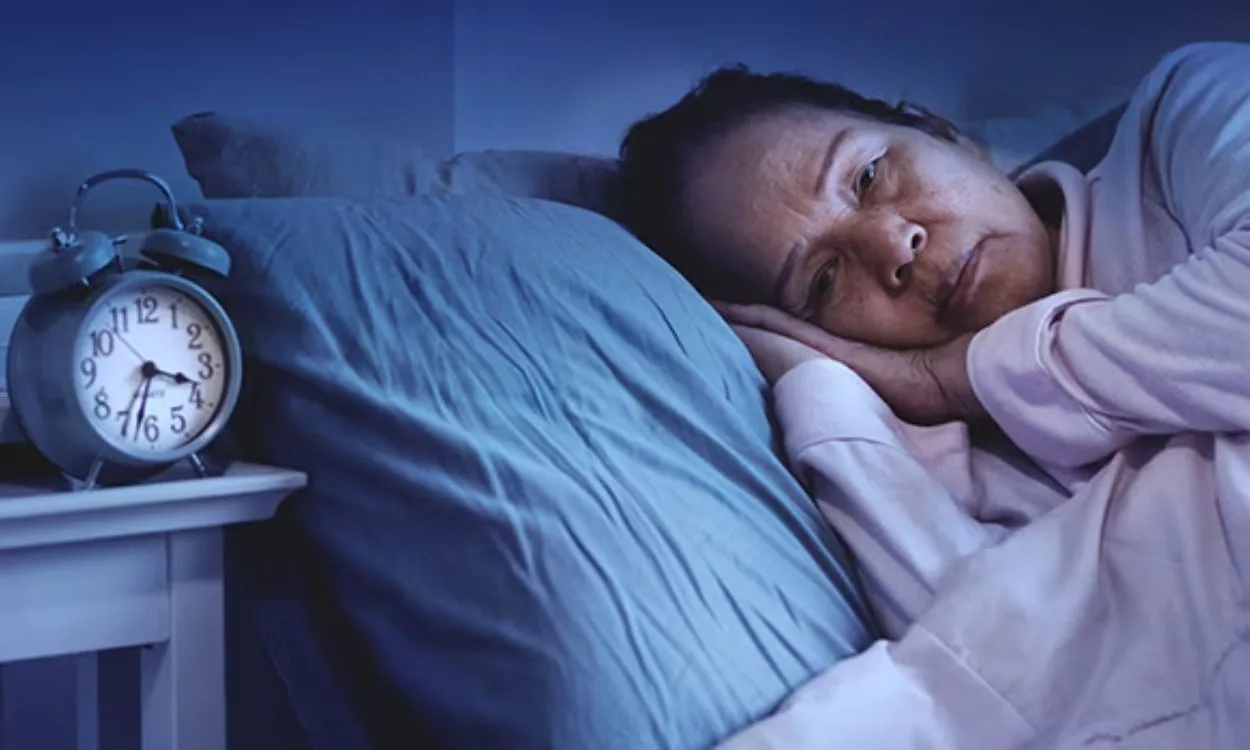Sleep and Diabetes: How Blood Sugar Levels Impact Your Rest
Introduction:
Sleep plays a crucial role in our overall health and well-being. It is during sleep that our body repairs and rejuvenates itself, preparing us for the challenges of the day ahead. However, for individuals with diabetes, getting a good night’s sleep can sometimes be a challenge. In this article, we will delve into the relationship between diabetes and sleep and understand how blood sugar levels can impact your rest. We’ll also explore practical tips and strategies to improve your sleep quality.
The Link Between Diabetes and Sleep:
Diabetes is a chronic condition that affects the body’s ability to regulate blood sugar levels. There are two main types of diabetes – type 1 and type 2. Type 1 diabetes occurs when the body fails to produce enough insulin, while type 2 diabetes occurs when the body becomes resistant to insulin’s effects. Both types can have an impact on sleep patterns and quality.
1. Fluctuating Blood Sugar Levels:
One of the primary reasons diabetes can affect sleep is due to fluctuating blood sugar levels. High blood sugar levels, known as hyperglycemia, can cause increased thirst, frequent urination, and even nocturia (waking up to urinate multiple times during the night). These disruptions can disrupt the natural sleep cycle and lead to fragmented and poor-quality sleep.
On the other hand, low blood sugar levels, known as hypoglycemia, can trigger night sweats, nightmares, and even episodes of confusion or anxiety. The body’s natural response to hypoglycemia, such as the release of adrenaline, can also make it difficult to fall asleep or maintain a restful state throughout the night.
2. Sleep Disorders Associated with Diabetes:
Diabetes has also been linked to an increased risk of developing sleep disorders, such as sleep apnea and restless leg syndrome (RLS). Sleep apnea is a condition characterized by pauses in breathing during sleep, often accompanied by loud snoring. It can lead to daytime sleepiness, fatigue, and an increased risk of cardiovascular problems. RLS, on the other hand, causes an irresistible urge to move the legs, which can disrupt sleep initiation and maintenance.
3. Impact of Poor Sleep on Diabetes Management:
The relationship between diabetes and sleep is bidirectional – not only does diabetes affect sleep, but poor sleep can also worsen diabetes management. Lack of sleep or poor sleep quality can lead to insulin resistance, impaired glucose tolerance, and increased insulin resistance. This vicious cycle can make it challenging to control blood sugar levels and manage diabetes effectively.
Improving Sleep Quality with Diabetes:
If you have diabetes and struggle with sleep, there are several strategies you can incorporate into your routine to improve sleep quality:
1. Maintain a Consistent Sleep Schedule: Going to bed and waking up at the same time every day helps regulate your body’s internal clock and promotes better sleep.
2. Create a Restful Sleep Environment: Ensure your bedroom is cool, dark, and quiet. Use blackout curtains, earplugs, or white noise machines if necessary.
3. Establish a Relaxation Routine: Engage in calming activities before bedtime, such as reading a book, practicing relaxation techniques, or taking a warm bath.
4. Manage Blood Sugar Levels: Keeping your blood sugar levels stable throughout the day can minimize disruptions during sleep. Follow your healthcare provider’s recommendations for diabetes management.
5. Seek Treatment for Sleep Disorders: If you suspect you have sleep apnea, restless leg syndrome, or another sleep disorder, consult with your healthcare provider. They may recommend a sleep study or provide appropriate treatment options.
Introducing Fitpaa: Empowering Your Diabetes Management Journey:
If you’re looking for comprehensive support in managing your diabetes and improving your sleep, Fitpaa is here to help. Fitpaa’s AI-driven Metabolism monitoring and management technology takes a holistic approach to optimize your metabolism and support your overall health and well-being.
Fitpaa’s Personalized Fitpaa Capsule, tailored to your unique metabolism, health goals, and lifestyle, offers a combination of medical therapy, medical exercise therapy, medical nutrition therapy, and cognitive behavior therapy. With the Fitpaa app, you’ll have access to a virtual workout trainer, diet tracker, performance tracking, and real-time guidance to assist you on your journey.
Conclusion:
Diabetes can indeed affect your sleep, creating challenges in achieving restful and rejuvenating nights. Fluctuating blood sugar levels, sleep disorders associated with diabetes, and the bidirectional relationship between poor sleep and diabetes management contribute to this complex relationship. However, by implementing practical strategies and seeking support from comprehensive platforms like Fitpaa, you can improve your sleep quality and enhance your overall well-being. Take control of your diabetes management and prioritize your sleep for a healthier and more fulfilling life.
Download the Fitpaa app today and unlock the potential to transform your life, achieve your health and fitness goals, and enjoy the benefits of restful sleep. Your well-being is our mission!









